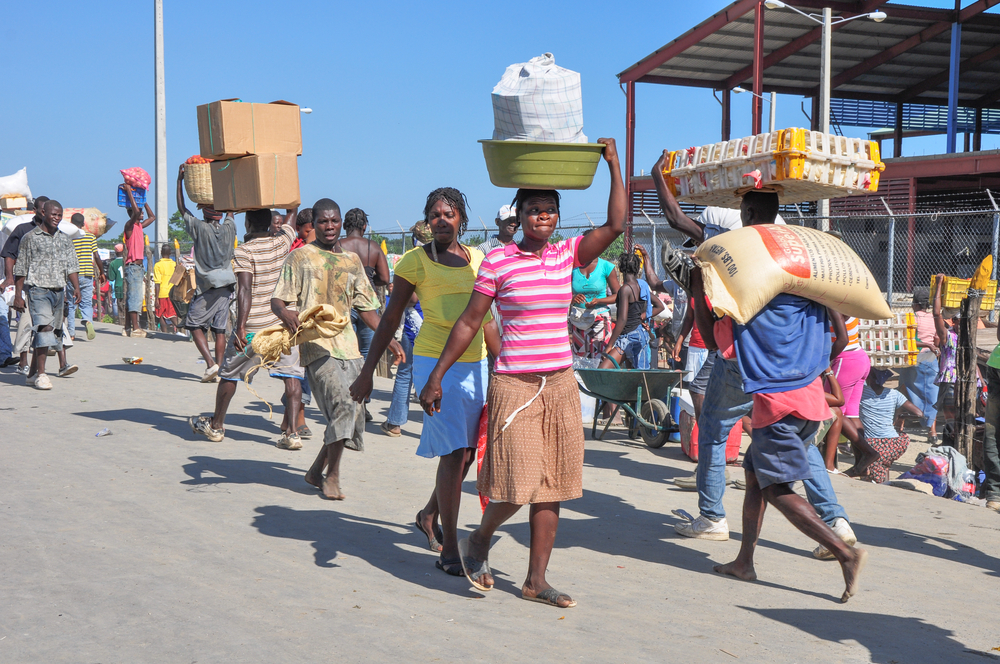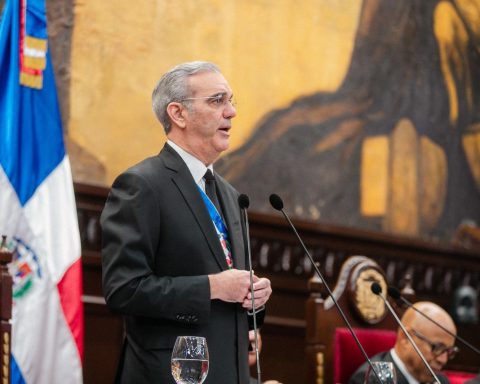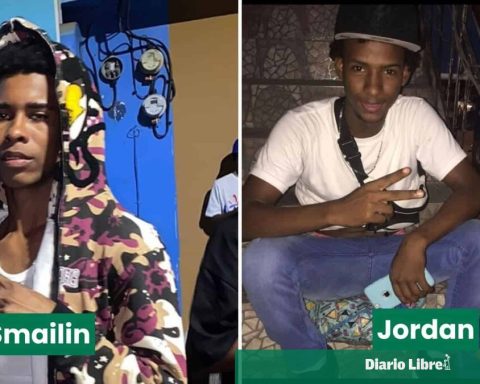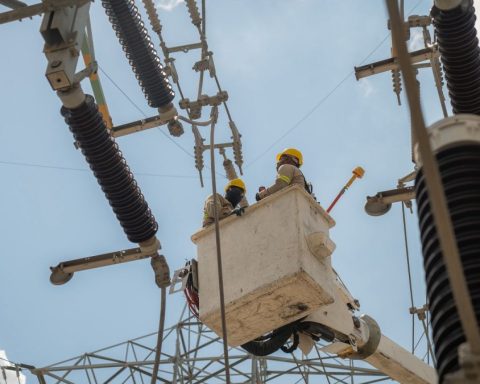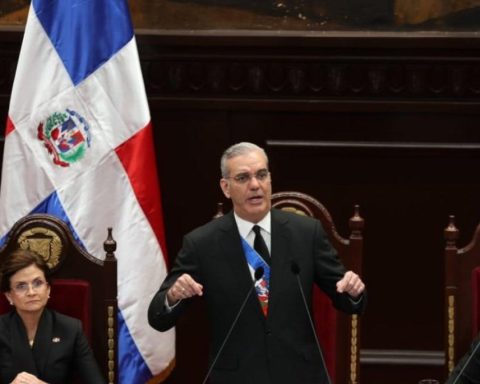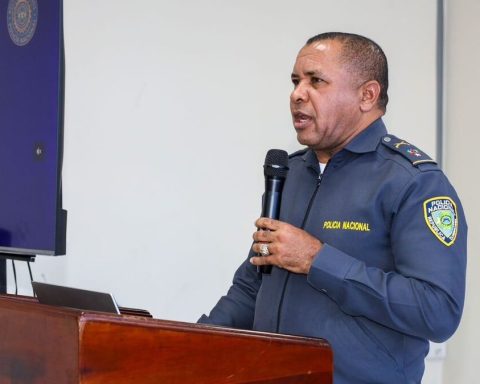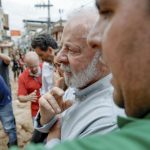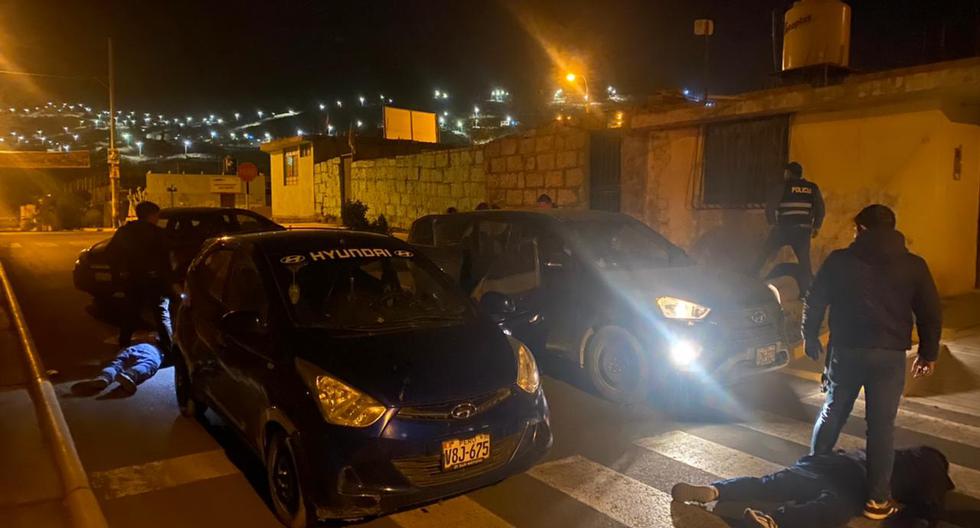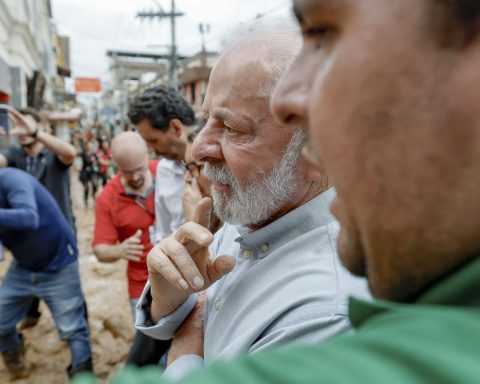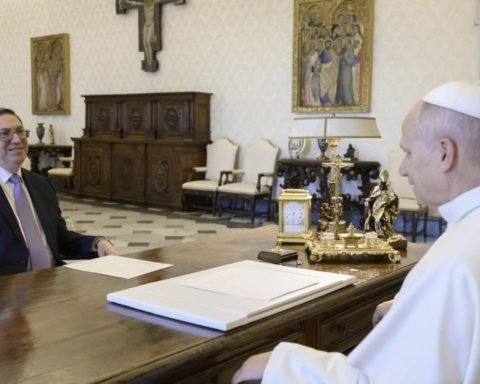Today marks the 74th anniversary of the Universal Declaration of Human rightswhose proclamation was approved in Paris by the United Nations (UN) with the aim that humanity never again descend into the hell of World War II and the Holocaust, which claimed the lives of around 70 million people.
This date coincides with the chaos and disorder currently prevailing in Haiti, as well as pressure from the United States government and international organizations to prevent the deportation of illegal immigrants, as well as reports accusing the country of committing human rights violations. against the Haitians.
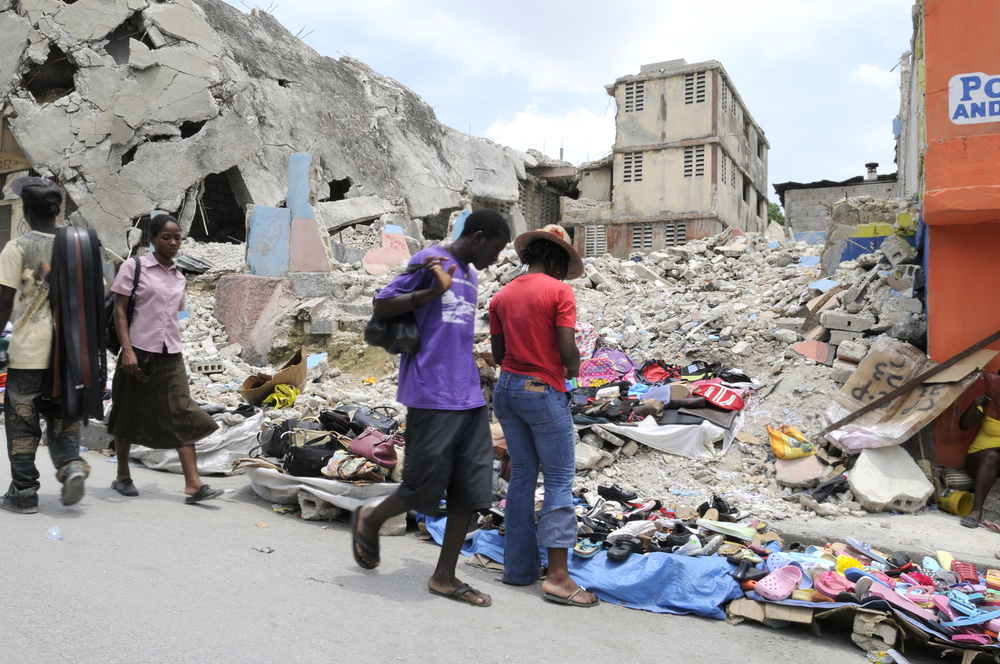
However, based on the tangible facts, no country has been more supportive of Haiti than the Dominican Republic, especially in its most difficult moments such as the earthquake of January 12, 2010.
Proof of this was the immediate opening of the Dominican-Haitian border to facilitate aid to the neighboring country, devastated by the earthquake that caused hundreds of thousands of deaths and destroyed the national infrastructure.
help without conditions
At that time, the Dominican Government relaxed immigration measures with those affected in Haiti to facilitate aid to the neighboring country, devastated by the earthquake on Tuesday that caused thousands of deaths and destroyed numerous buildings.
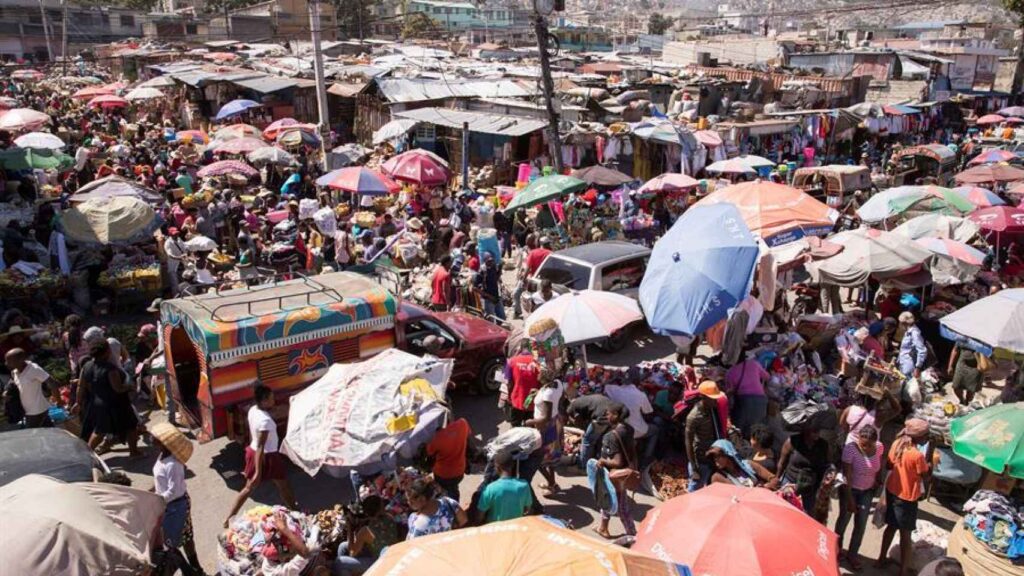
The Dominican Republic was the first nation to bring aid to Haiti with food, water, medicine and rescue equipment. The then President Leonel Fernández had instructed the migration authorities and the Armed Forces to make their best efforts to facilitate the channeling of aid and the assistance of the victims.
The naturalization process
The Dominican Republic has also been the only Latin American country to carry out a National Regularization Plan for Foreigners (PNRE).
However, this did not prevent governments in the region, international organizations and NGOs from criticizing the process and accusing the nation of promoting and causing “statelessness”.
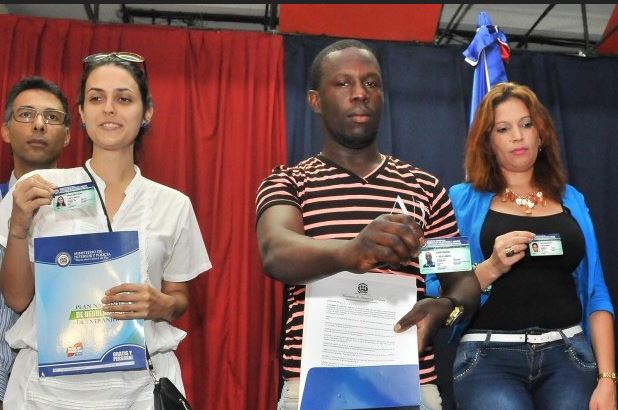
Despite these indications, more than 200,000 foreigners took advantage of the immigration regularization plan and around 2,000 million pesos was the amount invested by the Dominican Government during the entire naturalization journey.
In addition, in contrast to the free requirements of the Dominican State for foreigners to be regularized; the Haitian authorities had turned this process into a business due to the collection they made from their own undocumented immigrants residing in the country.
It all started with ruling 168-13, issued on September 23, 2013 by the Constitutional Court (TC).
The sentence ratified that the children of illegal aliens or in transit, born in the territory of the Dominican Republic, did not have Dominican nationality.
However, then President Danilo Medina signed Decree 250-14 in July 2014, which formalized the Regulations for the application of Law No. 169-14, which established a special regime for people born in the national territory registered irregularly. in the Dominican Civil Registry and on naturalization.
Nowadays
After the assassination of the Haitian president Jovenel Moise, the Haitian crisis has worsened exorbitantly. Chaos has taken over the institutions and gangs in the cities, which has caused there to be a minimum level of security in that country.
Faced with this situation, in November of this year the United Nations High Commissioner for Human Rights, Volker Türk, asked the Dominican Republic to stop the “forced” deportations of Haitians to their country of origin.
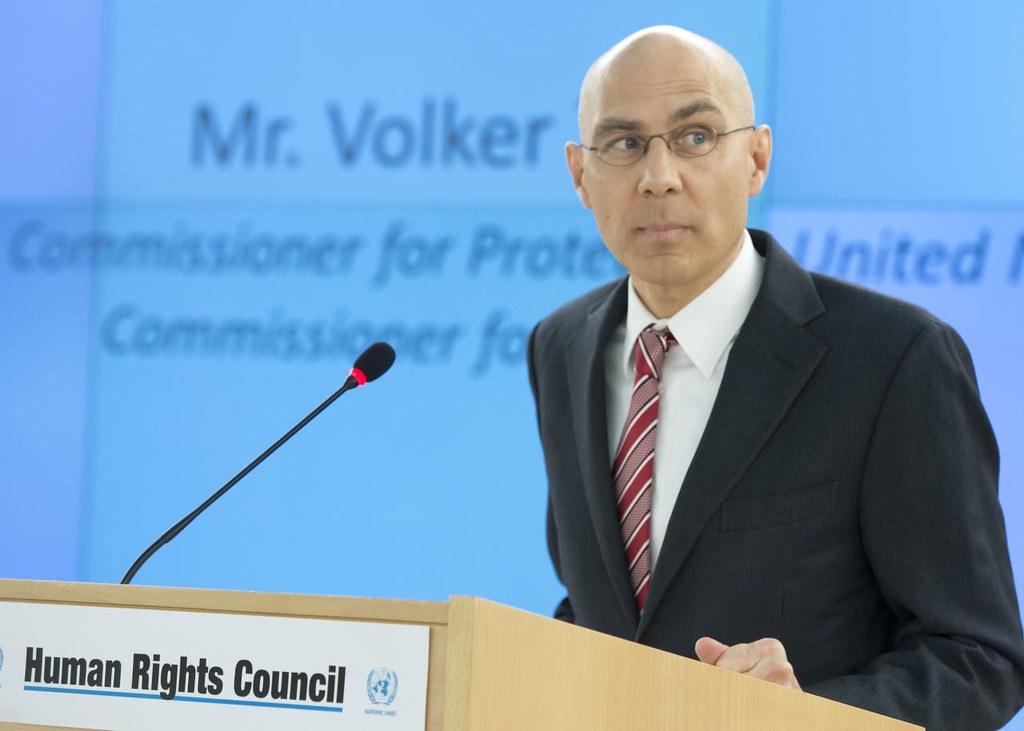
The reason was, according to the commissioner, that the “incessant armed violence and the systematic violations of human rights in Haiti currently do not allow the safe, dignified and sustainable return” of Haitians to their country.
However, in the face of these statements, President Luis Abinader reacted forcefully.
“The Dominican Republic is not only going to continue but it is going to increase deportations; therefore these statements by Volker Türk on behalf of the United Nations are unacceptable and irresponsible. We are going to continue the deportations and we are going to increase them,” Abinader asserted.
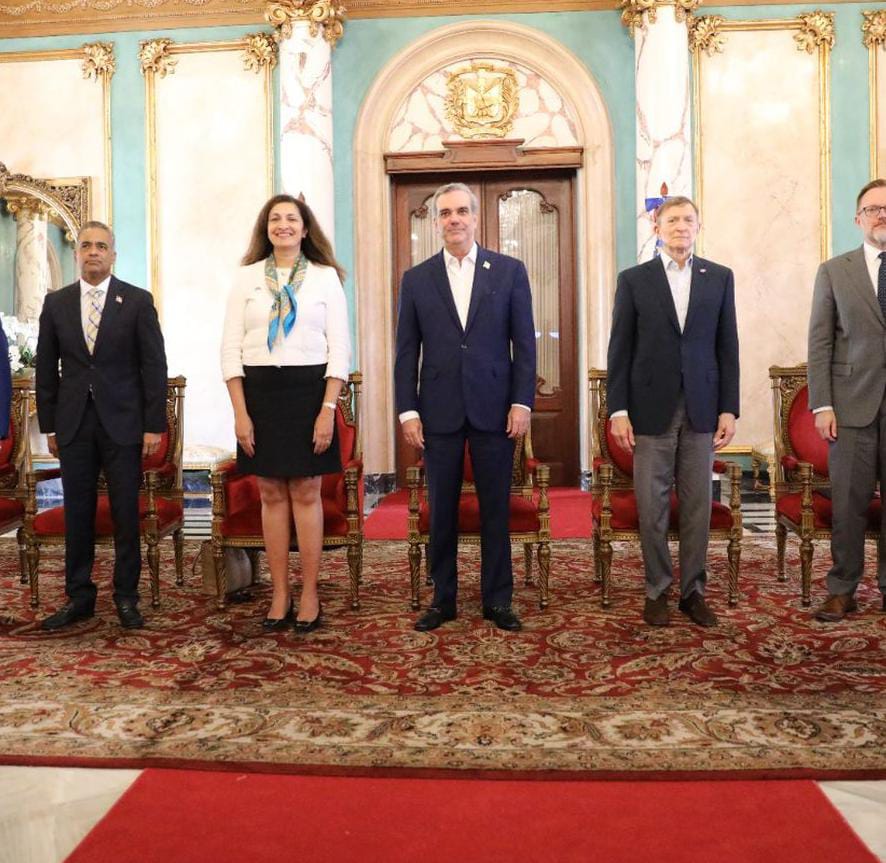
A month earlier, the US Undersecretary for Citizen Security, Democracy and Human Rights, Uzra Zeya, had asked the Dominican government to continue advancing the fight against human trafficking through the effective investigation, prosecution and conviction of traffickers, to protect the most vulnerable in communities.
This included providing services to all vulnerable people, including Haitians and also Dominicans of Haitian descent.
Future
Yesterday the Declaration of Santiago de los Caballeros, approved at the LVI Meeting of Heads of State and Government of the member countries of the Central American Integration System (SICA), supported the Dominican Republic’s request to the international community to seek answers to the crisis in Haiti.
“We support the urgent call that the Dominican Republic has made to the international community, in order to address this serious crisis, launching joint actions and efforts to enable a lasting and sustainable response in Haiti,” the statement said.
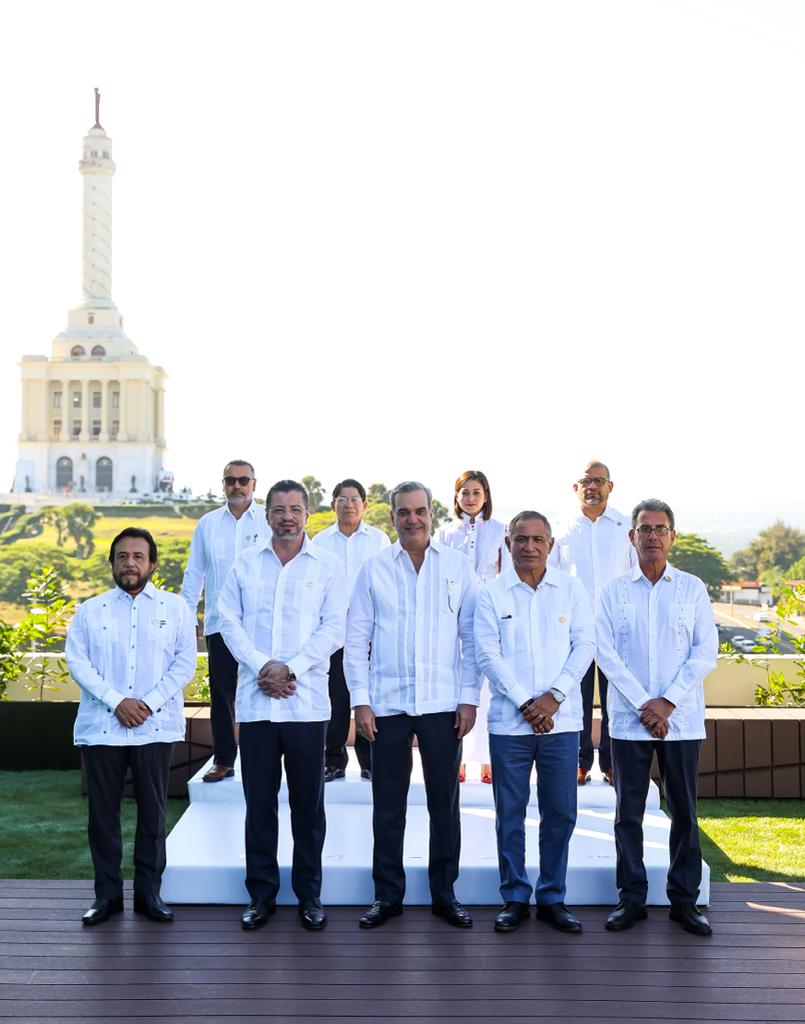
This shows that the Dominican Republic continues to appeal for solidarity with Haiti, despite the accusations of the international community and related organizations. Such conduct has been consistent over the years, since there are several occasions on which the Dominican governments have expressed their concern about the Haitian situation and have requested the collaboration of the superpowers in this regard.
